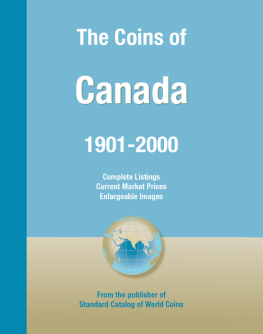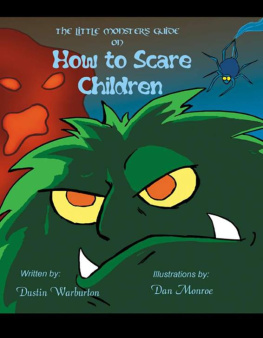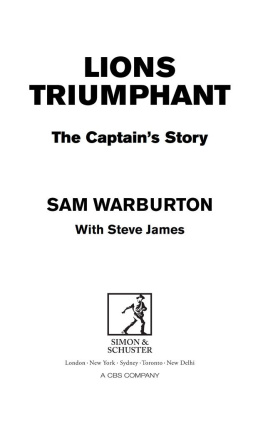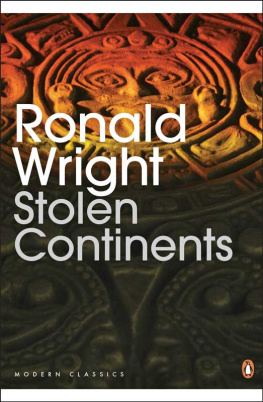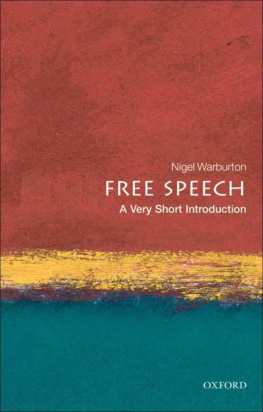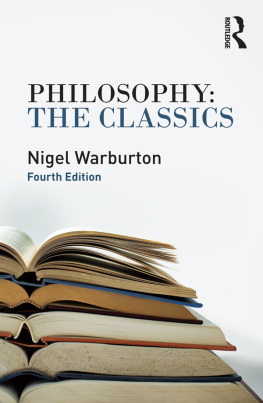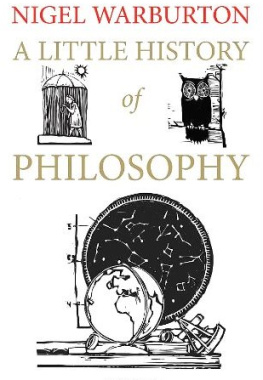INTRODUCTION.
Table of Contents
England and France started in a fair race for the magnificent prize of supremacy in America. The advantages and difficulties of each were much alike, but the systems by which they improved those advantages and met those difficulties were essentially different. New France was colonized by a government, New England by a people. In Canada the men of intellect, influence, and wealth were only the agents of the mother country; they fulfilled, it is true, their colonial duties with zeal and ability, but they ever looked to France for honor and approbation, and longed for a return to her shores as their best reward. They were in the colony, but not of it. They strove vigorously to repel invasion, to improve agriculture, and to encourage commerce, for the sake of France, but not for Canada.
The mass of the population of New France were descended from settlers sent out within a short time after the first occupation of the country, and who were not selected for any peculiar qualifications. They were not led to emigrate from the spirit of adventure, disappointed ambition, or political discontent; by far the larger proportion left their native country under the pressure of extreme want or in blind obedience to the will of their superiors. They were then established in points best suited to the interests of France, not those best suited to their own. The physical condition of the humbler emigrant, however, became better than that of his countrymen in the Old World; the fertile soil repaid his labor with competence; independence fostered self-reliance, and the unchecked range of forest and prairie inspired him with thoughts of freedom. But all these elevating tendencies were fatally counteracted by the blighting influence of feudal organization. Restrictions, humiliating as well as injurious, pressed upon the person and property of the Canadian. Every avenue to wealth and influence was closed to him and thrown open to the children of Old France. He saw whole tracts of the magnificent country lavished upon the favorites and military followers of the court, and, through corrupt or capricious influences, the privilege of exclusive trade granted for the aggrandizement of strangers at his expense.
France founded a state in Canada. She established a feudal and ecclesiastical frame-work for the young nation, and into that Procrustean bed the growth of population and the proportions of society were forced. The state fixed governments at Montreal, Three Rivers, and Quebec; there towns arose. She divided the rich banks of the St. Lawrence and of the Richelieu into seigneuries; there population spread. She placed posts on the lakes and rivers of the Far West; there the fur-traders congregated. She divided the land into dioceses and parishes, and appointed bishops and curates; a portion of all produce of the soil was exacted for their support. She sent out the people at her own cost, and acknowledged no shadow of popular rights. She organized the inhabitants by an unsparing conscription, and placed over them officers either from the Old Country or from the favored class of seigneurs. She grasped a monopoly of every valuable production of the country, and yet forced upon it her own manufactures to the exclusion of all others. She squandered her resources and treasures on the colony, but violated all principles of justice in a vain endeavor to make that colony a source of wealth. She sent out the ablest and best of her officers to govern on the falsest and worst of systems. Her energy absorbed all individual energy; her perpetual and minute interference aspired to shape and direct all will and motive of her subjects. The state was every thing, the people nothing. Finally, when the power of the state was broken by a foreign foe, there remained no power of the people to supply its place. On the day that the French armies ceased to resist, Canada was a peaceful province of British America.
A few years after the French crown had founded a state in Canada, a handful of Puritan refugees founded a people in New England. They bore with them from the mother country little beside a bitter hatred of the existing government, and a stern resolve to perish or be free. One small vesselthe Mayflowerheld them, their wives, their children, and their scanty stores. So ignorant were they of the country of their adoption, that they sought its shores in the depth of winter, when nothing but a snowy desert met their sight. Dire hardships assailed them; many sickened and died, but those who lived still strove bravely. And bitter was their trial; the scowling sky above their heads, the frozen earth under their feet, and sorest of all, deep in their strong hearts the unacknowledged love of that venerable land which they had abandoned forever.
But brighter times soon came; the snowy desert changed into a fair scene of life and vegetation. The woods rang with the cheerful sound of the ax; the fields were tilled hopefully, the harvest gathered gratefully. Other vessels arrived bearing more settlers, men, for the most part, like those who had first landed. Their numbers swelled to hundreds, thousands, tens of thousands. They formed themselves into a community; they decreed laws, stern and quaint, but suited to their condition. They had neither rich nor poor; they admitted of no superiority save in their own gloomy estimate of merit; they persecuted all forms of faith different from that which they themselves held, and yet they would have died rather than suffer the religious interference of others. Far from seeking or accepting aid from the government of England, they patiently tolerated their nominal dependence only because they were virtually independent. For protection against the savage; for relief in pestilence or famine; for help to plenty and prosperity, they trusted alone to God in heaven, and to their own right hand on earth.
Such, in the main, were the ancestors of the men of New England, and, in spite of all subsequent admixture, such, in the main, were they themselves. In the other British colonies also, hampered though they were by charters, and proprietary rights, and alloyed by a Babel congregation of French Huguenots, Dutch, Swedes, Quakers, Nobles, Roundheads, Canadians, rogues, zealots, infidels, enthusiasts, and felons, a general prosperity had created individual self-reliance, and self-reliance had engendered the desire of self-government. Each colony contained a separate vitality within itself. They commenced under a variety of systems; more or less practicable, more or less liberal, and more or less dependent on the parent state. But the spirit of adventure, the disaffection, and the disappointed ambition which had so rapidly recruited their population, gave a general bias to their political feelings which no arbitrary authority could restrain, and no institutions counteract. They were less intolerant and morose, but at the same time, also, less industrious and moral than their Puritan neighbors. Like them, however, they resented all interference from England as far as they dared, and constantly strove for the acquisition or retention of popular rights.




